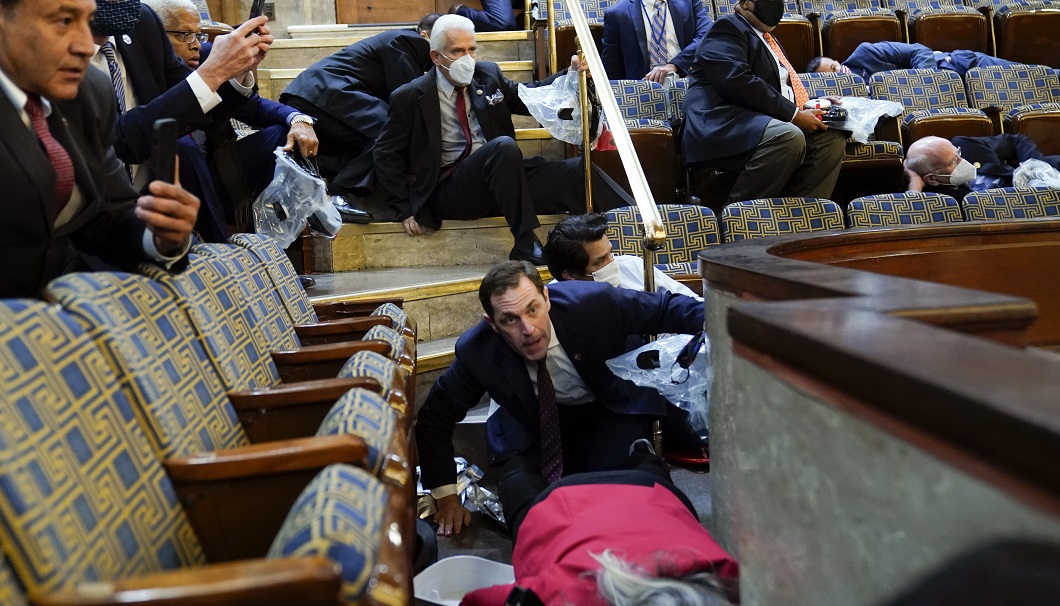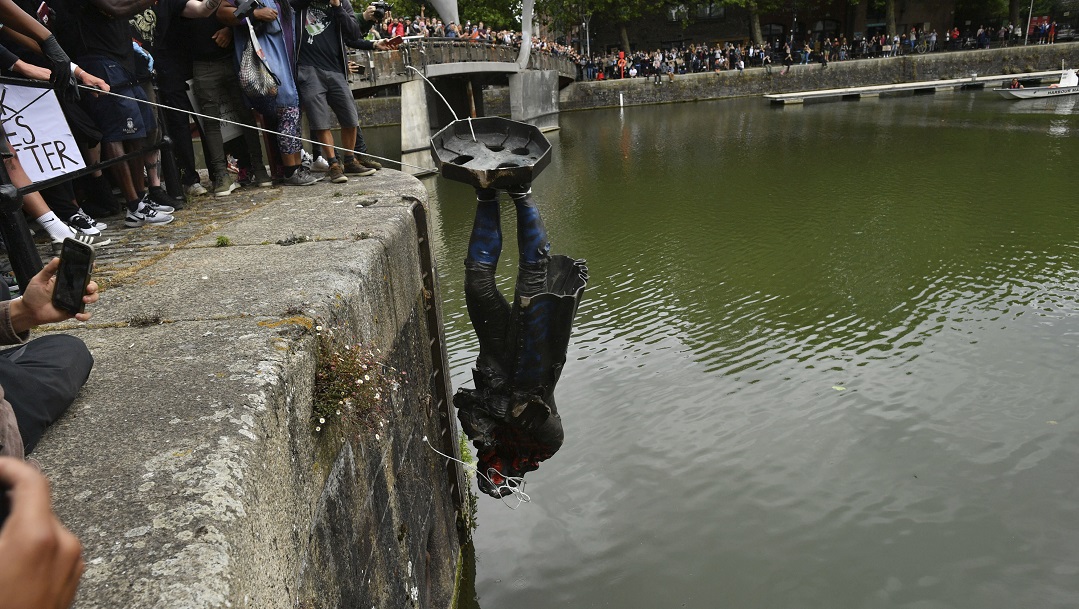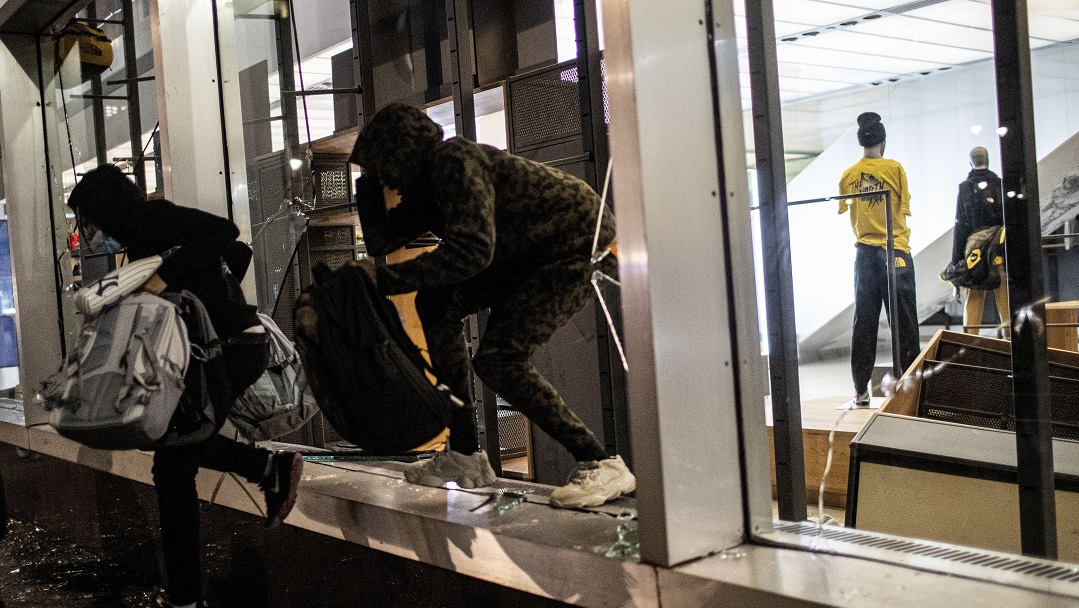
Labour's Teshuva | April 5, 2020
If it weren’t for the devastation that corona virus is now wreaking on Britain’s Jewish community, more would probably be made of the election of Sir Keir Starmer to replace Jeremy Corbyn.

"A
Labour of Love?” was an apt headline that appeared in Mishpacha a few months ago, questioning whether Jeremy Corbyn’s departure from leadership of Britain’s Labour Party would end the anti-Semitism that has infected the party.
So if it weren’t for the devastation that corona virus is now wreaking on Britain’s Jewish community, more would probably be made of the weekend election of Sir Keir Starmer to replace Jeremy Corbyn as head of the country’s main opposition party.
Starmer’s victory looks like the beginning of a positive answer to that question; a comeback for the moderates who were sidelined under the hard-left, Israel-hating clique that took control in 2015, and an end to the nightmare scenario of anti-Semites a heartbeat away from 10 Downing Street.
In his acceptance speech after winning the leadership, Starmer apologized for “anti-Semitism’s stain on our party”, and pledged to “tear out this poison by its roots.” Significantly, the new Labour leader wrote immediately to the Board of Deputies, a Jewish communal organization that had come out forcefully against Corbyn, vowing to take “decisive action” to rebuild trust with the Jewish community.
Reacting to the letter, long-time Labour observer Philip Carmel said, “Starmer 'gets' the Jewish community and knows them. The fact that he served in Corbyn’s shadow cabinet makes some distrust him, but he’d have never become leader without that.”
Even more significant than Starmer’s victory, Carmel added, was that of moderates in the elections for Labour’s governing body, the National Executive Committee. “This will mean that he can really act against the anti-Semites. Corbynism isn’t dead as a phenomenon, but it’s now very much a minority current in the party.”
Gideon Falter, Chief Executive of the Campaign Against Anti-Semitism who was interviewed in Mishpacha at the height of the anti-Semitism crisis, called for Jeremy Corbyn to be disciplined to show that Labour is serious about tackling its problems. But Starmer’s desire to unite Labour’s warring factions means that we won’t see a public exorcism of Corbynism’s excesses a la Kruschchev’s secret speech denouncing Stalin after his death. The Jewish community will instead settle for a change in word and deed as Labour’s Teshuvah.
While that looks like it will happen under Starmer, this is no turning back of the clock to the pre-Corbyn era. Writing in Fathom Journal, Luke Akehurst, a former member of the party’s National Executive Committee and Director of We Believe in Israel, cautioned that, “Those of us who support Israel shouldn’t expect a return to the heyday of the Labour leadership’s warmth towards Israel shown by Blair and Brown.
“It isn’t realistic to expect the reversal of the policy changes Corbyn brought in of settlement boycotts and an arms embargo, because Starmer will want to carry the left-wing of his own support base with him.”
Jewish Community-Labour Party relations suffered a Near Death Experience under Corbyn, whose participation in an anti-Zionist Pesach Seder last year was emblematic of his engagement with fringe, extremeist voices withing the Jewish community. Starmer’s election looks like a turning point, as his warm letter to the Board of Deputies shows.
But as long as being anti-Israel gains you street cred in progressive circles, the Labour party will struggle to regain the community’s trust.
**You can submit your feedback in the space provided at the end of this post.
Oops! We could not locate your form.







